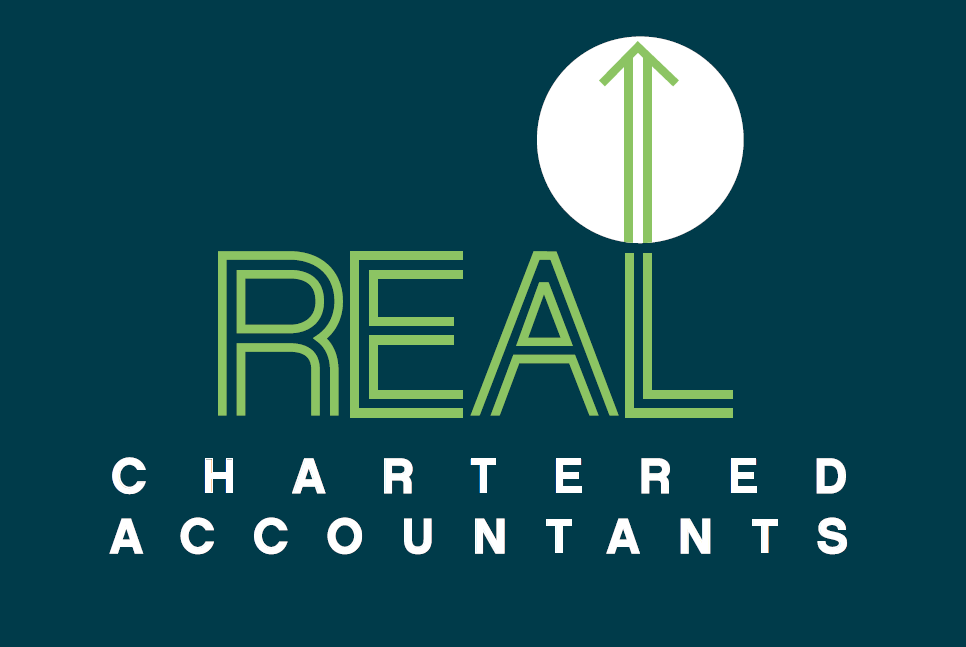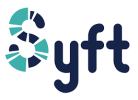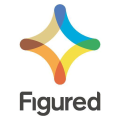NEWS
2017 End of Financial Year Information

We will send out your annual questionnaire which details all the information and records required. It’s very important that this is completed in full and signed. Inland Revenue require that all Directors, Trustees (excluding professional Trustees) or Partners sign the checklist. We are unable to start your accounts until we have received the signed questionnaire.
Once you have all your annual information compiled please contact us to make a time to meet.
Below is a summary of some of the information we need which is detailed in our annual questionnaire:
Bank Accounts
We need a copy of the bank statement showing the balance as at 31 March to ensure the closing balances agree to those in your accounting system.
Loans
We also need details of any overdraft and loan arrangements such as interest rate, overdraft limit, security and repayment terms.
Debtors/Creditors
Do you have old or irrecoverable debtors? These need to be written off before the year end.
Stock/Inventory on Hand
If you carry trading stock, you need to know exactly what you have on hand at the year end.
If you find out it’s less than $10,000 at cost (excluding GST) that’s great, since then you don’t need to include it for tax purposes. Identify and write-off or write-down any unsalable or damaged items, as there’s no point in paying tax on useless stock.
Calculations of any work in progress should also be supplied as well as details of any stock in transit or on consignment. Please contact us if you need help with calculating this.
Rental Properties
Please supply bank statements clearly identifying and detailing all transactions that relate to your rental properties. If you have an agent to manage your properties, supplying their annual summary will reduce time and ensure all expenses are included.
Fixed Assets
We will send you out a copy of last years Fixed Asset Schedule for you to review. Please check for any assets no longer in use or which have been discarded.
We will need details of any fixed asset purchases or sales during the year and also details of any new hire purchase or lease agreements that you have entered into. If there has been significant repairs and maintenance during the year please provide copies of the tax invoices. Don’t forget, assets less than $500 can be deducted up front.
Have any business assets been used privately during the year? And on the flip-side, have any private assets been used in the business, such as a home office? We will need to consider apportionment, fringe benefit tax or reimbursement in relation to these.
Wages
Please provide a copy of your wage book or an audit trail from your payroll programme.
Entertainment Expenses
We will need details of all your entertainment expenses. Some entertainment expenditure is only 50% deducible while others are 100% deductible.
Travel Costs
If you have travel costs, let us know if any relate to private/holiday travel as an apportionment may need to be considered.
Legal Expenses
Please provide details of any legal expenses so we can determine if they are fully deductible.
Mixed-Use Assets
There are new rules in place in relation to mixed-use assets such as holiday homes, land, aircraft, ship and craft used in navigation on or under the water. Please advise the following:
- number of days used by family, relatives or associated persons at non-market rate
- number of days rented out at market rent (excluding private use)
- number of days rented to relatives at market rent
- number of days made available to charities at no charge
Vehicle Log Books
Please provide a copy of your log book.
A logbook needs to be kept for a continuous period of 90 days every three years. This period must be representative of your normal business travel. If you are unable to, or do not wish to maintain a log book, your vehicle expenses will be limited to a maximum of 25%.
Home Office Expenses
If you have an area set aside in your family home for work purposes you can make a claim for this, providing it is used primarily for business use (such as an office or storage area – not the kitchen table!) and you keep a record of the expenses you wish to claim.
Internal Accounting Systems
Before backing up your end of year information to a drive for us, make sure everything has been entered and reconciled for March (bank entries, invoices, inventory adjustment, sales, etc.).
Livestock
Please complete our annual schedule showing your opening stock numbers, births, deaths, sales, purchases and closing stock numbers.
Include all stock that you own, regardless of where the stock is located.
Working for Families Tax Credits (WFFTC) and Parental Tax Credit
Please supply details of all dependent children who live with you or if you have received WFFTC during the year please supply the certificate issued to you by the IRD. We will also need details of any child support or maintenance you have received or paid. If we do not prepare your spouse or partner’s taxation return, please provide us with details of their income.
The definition of family income for WFFTC purposes has been extended and we now need to know if you have received income from any sources listed in the link below.
http://www.ird.govt.nz/income-tax-individual/income-adjust/intro/#02
Disclaimer
This information is intended to provide general advice only. We recommend you discuss your specific situation with your Accountant.









